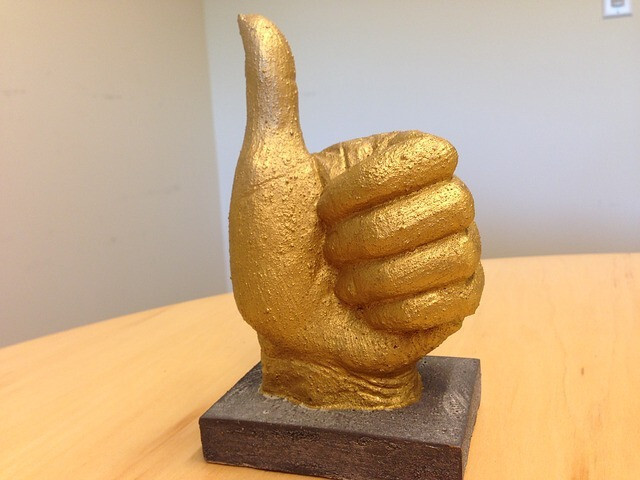| sjr4x4 : Administrator 11th July 2010 6:17 PM |
“In answer to the question "Can you actually teach entrepreneurism?"
This is a variation of "are entrepreneurs born or made."
Both are misleading.
Briefly, the research suggests two dominant factors:
a) Opportunity (of which the greatest inhibitor is access to capital).
b) Motivation. Lots of research into this (intrinsic, extrinsic etc).
Teach it? Competencies, such as an MBA, will lead you in the right direction. But a) and b) are more significant determinants.”
This is a variation of "are entrepreneurs born or made."
Both are misleading.
Briefly, the research suggests two dominant factors:
a) Opportunity (of which the greatest inhibitor is access to capital).
b) Motivation. Lots of research into this (intrinsic, extrinsic etc).
Teach it? Competencies, such as an MBA, will lead you in the right direction. But a) and b) are more significant determinants.”
Although I'd agree with the above, with the advent of the internet, exposure to new lowcost advertising and marketing mediums, seed capital now is no longer such an inhibitor.
“p.s. a business is defined as one that employs people (therefore not just a computer and broadband connection - a hobby)”
This is a misconception of the multitude of back bedroom webdesigner for dummies brigade. I would hazard a guess that 70% of "online businesses" could be classed as hobbies, with no longterm passion, drive or investment, be it time or money. But that doesn't include the 30% that are genuine businesses in every sense as bricks and mortar businesses. As Mary says, paying their taxes and following HRMC's rules.
If these can be run as an owner business without employees, then good luck to them. Outsourcing functionality from bookkeeping to VA's seems to be more and more common place. The amount of redtape and associated costs when you do employ people, makes you wonder sometimes if its worth the hassle



